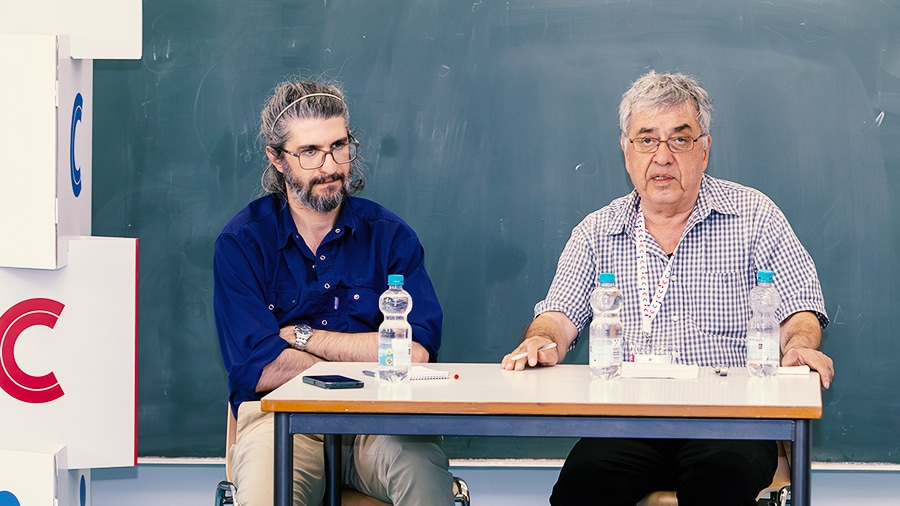Mohammad Reza Nikfar
Modernization, Secularization, and the Subject of Dissociation and Division in Iranian Society
Moderator: Navid Gorgin
Modernization in Iran has introduced a cultural fragmentation tied to the uneven growth of capitalism and the perpetuation of existing divides, shaped by political centralization and the modernization of state apparatuses. Mohammad Reza Nikfar suggests that understanding certain events requires viewing Iranian society as composed of two overlapping yet distinct societies.
One represents modernity, associated with formal institutions and state governance, while the other embodies a so-called traditional structure. However, these labels—modern and traditional—do not adequately explain the complex interplay and mutual reflection between the two societal forms.
Nikfar examines the emergence of the second society, which he traces back to the later years of Reza Shah’s rule. This “society 2” developed its symbols, values, and alternative power structures, eventually forming a virtual and later clandestine state.
Following the 1979 Islamic Revolution, it reemerged as the Islamic government. The essay explores how this secondary society evolved in response to the dominant structures of society 1, challenging conventional frameworks for understanding Iranian socio-political dynamics.
Nikfar concludes by questioning the current state of society 2, examining its transformations and roles in Iran’s socio-political landscape.



